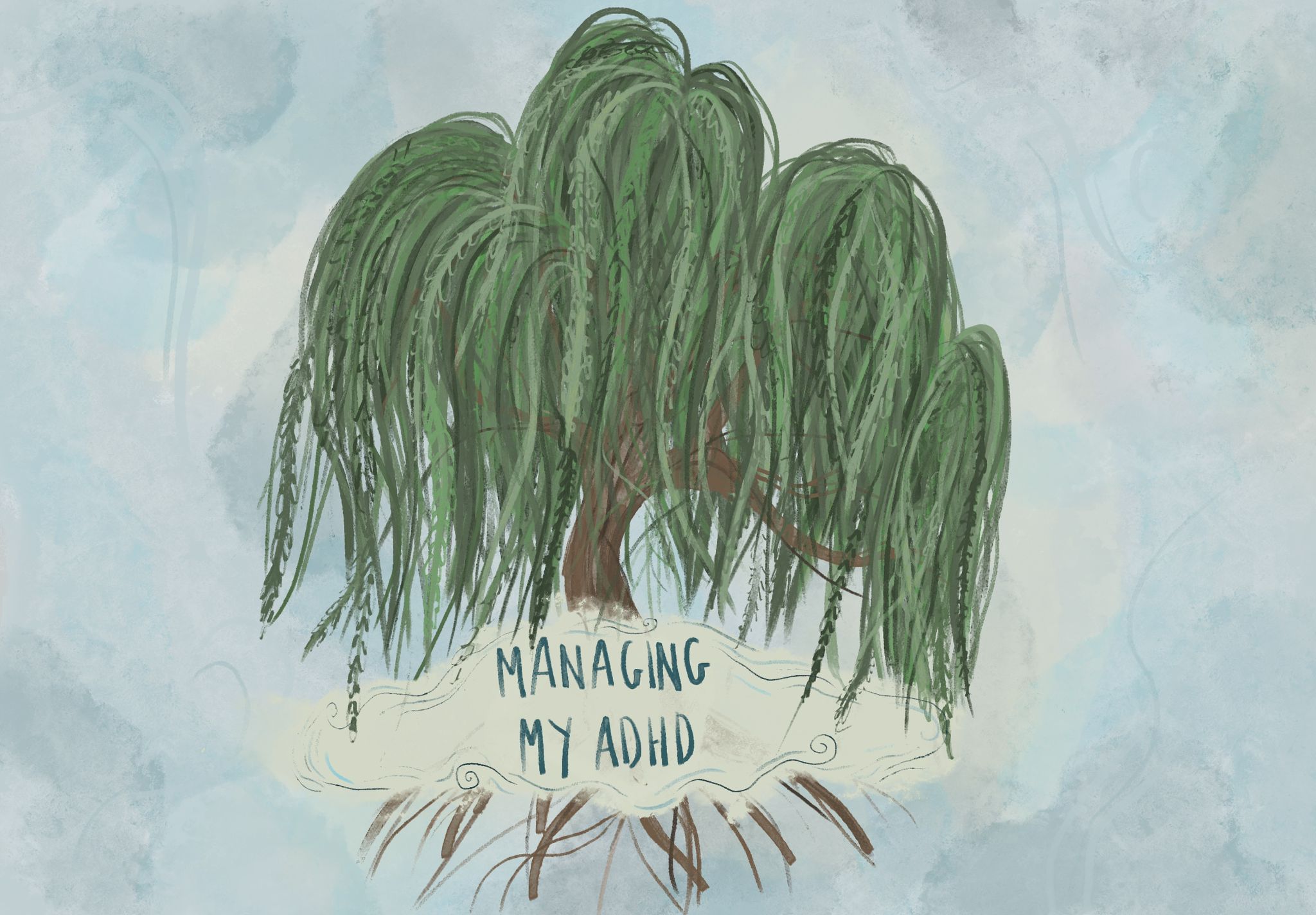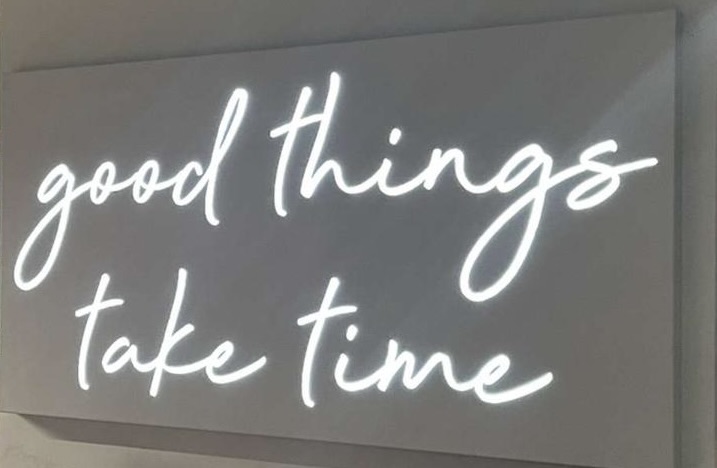How I manage my ADHD
ADHD medication?
When I first got diagnosed, I was instantly faced with the choice of taking medication. Throughout the years I have had to try out various medications but I was never able to find one that truly benefited me. All they did was make my brain feel foreign, as though it wasn’t mine. I eventually came to the decision that if I could manage the good and the bad parts of life without medication, I’d much rather do that. I did briefly mention in my blog post prior about trying out ADHD medication but at the end of the day, they weren’t for me and ended up doing more harm than good.
I researched a lot about ADHD as a whole and how to manage symptoms whilst also thinking about myself and what genuinely helps me. I want to share some of the different things I do to help manage my ADHD, and maybe you’ll be able to find some benefit in them.
I would like to preface this by saying I am not a medical professional, this is just my experience and what works for me!
SLEEEEEPPPPP!!!!
Consistency is key when it comes to sleep. For years people have talked to me about sleep hygiene and honestly, I didn’t give two hoots about it. At the end of the day, I was sleeping. Surely that was good? Wrong! When researching ways on managing ADHD, sleep was heavily emphasised. Now, I’m no scientist but I’m going to give it a go at explaining what I understand about sleep and why it’s so important when it comes to ADHD brains.

During sleep, dopamine stores replenish for the next day. You may know that whilst no one fully understands what ADHD is, we do know that dopamine levels are changing all the time. For neurotypical brains, lacking dopamine some days most likely won’t affect them too much, however, lack of sleep really takes a toll on people with ADHD. Whether it’s not enough sleep, too much sleep, or even going back to sleep after waking up, those dopamine stores aren’t able to replenish fully. Personally, I notice such a difference when I don’t have a good sleep. I feel groggy, my brains chaotic but also understimulated, I have no motivation to do anything and it’s only until the evening I’ll start to feel like myself again – probably because it’s taken all day for the dopamine to kick in! It’s recommended 7-9 hours is best, but I find I function best on 6-8 hours of sleep.
Getting to sleep is another thing I’ve really struggled with, however, I’ve found that establishing a somewhat consistent sleep time and wake up time has really helped. I have blue light glasses to help me wind down and will normally have red LED lights on for half an hour before I actually go to sleep. Another game changer has been a sunrise alarm clock. Now that we’re into summer, it’s far too easy to wake up when the sun rises, however, in winter it’s so handy. It’s an instant mood booster first thing in the morning.
Getting things done…
It’s a bad habit but if I don’t find something stimulating, I will procrastinate like there’s no tomorrow. However, there are some things in life that just need to be done.
- The main thing I find helpful is breaking down the tasks into smaller, more manageable chunks so I’m not too overwhelmed.
- Another thing is planning my days. Every evening I’ll create a “game plan” for the next day in chronological order which I find really helps me make good use of my time and helps me not get distracted as much.
- When it comes to those things that get procrastinated, something called the “pomodoro” technique really benefits me. I’ll set an alarm on my phone, work for 25, break for 5. I find it means if I’m tempted to get distracted, I tell myself to wait until the little break. I’m currently doing the technique as I write this blog!
- Another thing is prioritizing the tasks that need to be done. My brain is constantly flooded with thoughts so I need to make sure that things that need to be done urgently are at the top of the list rather than having a research session of “how to raise a pet chicken” as my number one priority.
- Finally, something that really helps ease the chaos in my brain is keeping my space organized. I notice such a change in my emotions when my room is clean compared to it being messy. I know sometimes it can be overwhelming to think about cleaning your room, but I’ve found that making sure I give it a little tidy at the end if the day (it takes 5 minutes maximum) means I’m not getting overstimulated and all I have to do is give it a hoover and wipe some surfaces every week or so.
Movement
You’ll hear about a lot of people finding running therapeutic but, for me, I just get too bored. The most I can do is a 10 minute sprint but then I just end up getting fed up. Even with yoga, I really struggle to be mindful because subconsciously my brain will start to wander and before I know it, I have 50 things to add to a to-do list – (realistically none of them need doing). Everyone has different types of movement that they enjoy but some for me are hiking and kickboxing. They keep my brain engaged and help give my brain some clarity.
Being outdoors
Following on from this slightly, I have to say that by far the best thing for me is being outdoors. Whenever I’m overwhelmed, feeling sad or I just need time to let myself breathe, the best thing I can do for myself is be outside and in nature. It revitalizes me in a sense and helps me to remember about all the things I want to achieve during my short time on earth.
My holy grail
I’ve got to be honest, I’m a sucker for a good fidget toy. I always have been and always will be, I am always fidgeting, whether it’s jigging my leg or picking at my nails so I find fidget toys really help. Because I often hyperfixate on said fidget toys and then get distracted by a different one, I would say I’m pretty well versed in the world of fidgets. So, here’s a list of my favourite ones with some examples of them online…
At the end of the day, some of these things may work for you and others may not. You may find your own methods and ways to manage but the important part is that you’re not letting the difficult parts of your brain stop you from living your dream life. I also know that trying to overcome the challenges may be quite overwhelming so my final piece of advice is creating a survival kit. Without context, that probably sounds a little strange but if you keep an eye out on the MindMate social media page, I’ll be creating some content there some time soon.

